Snorkeling can be dangerous, but it can also be super safe. The factors that decide this will be the water conditions, and your physical well-being. Let’s look at some of the risks of snorkeling, and what you need to make it a safe and enjoyable activity.
Learn how to snorkel underwater and read these important snorkeling tips first.
Is Snorkeling Dangerous?
Snorkeling is not dangerous. However, the conditions of the water and your own physical limits can affect your safety. Here are some dangers you should consider.
Water Conditions
A calm, glass-like ocean is very different from windy and choppy waves when snorkeling. It is much easier to snorkel when the surface of the water is flat, and water cannot get into your snorkel. Snorkeling in a current or rip-tide can be dangerous as it will be hard to swim away from it.
Tip: Always check the conditions of the water before you get in. Snorkel in designated areas with a lifeguard or snorkel guide nearby.
Dehydration, Heat Exhaustion or Heat Stroke
Most snorkeling is done in a tropical environment which is very nice and warm. Overheating is a very common occurrence when snorkeling, but most people don’t realize how warm they are getting due to being submerged in the water. Dehydration can lead to heat exhaustion, which can then lead to heatstroke. Heatstroke can be fatal.
Tip: It is very important to stay hydrated. Drink plenty of water before going snorkeling, and try to avoid diuretics such as coffee, tea, soft drinks, or alcohol as these will not hydrate you.
Sunburn
Snorkeling on a sunny day helps the colors of the coral pop and appear brighter. However, the sun’s UV rays are very dangerous, and you will get sunburnt with prolonged exposure to the UV rays. Applying sunscreen onto your skin is not the most effective to protect your skin as the sunscreen will easily rub off in the water. Most sunscreens will also have synthetic ingredients that are toxic to the very coral and fish that you are observing!
Tip: Invest in a rash guard to protect your shoulders and back when snorkeling. Or, use a reef-safe sunscreen when hitting the water!
Cramps
Muscle cramps can be caused by dehydration, overuse of a muscle, muscle strain or simply holding a position for a prolonged period. If you are not used to swimming with fins then this can also cause a cramp. The cramps will mostly occur in your legs and can be relieved by massaging the area.
Tip: Stay hydrated!
Hypothermia
It is not common to snorkel in cold water, but there are some amazing sights to explore in cold water lakes and oceans. Therefore, you can catch hypothermia if you are not careful when snorkeling in cold water. Remember, we do lose body heat 25 times faster in water, so even in tepid water, you could get very cold. Hypothermia symptoms include shivering, slow and weak pulse, slowed breathing, lack of coordination, irritability, confusion, and sleepy behavior.
Tip: Wear a properly fitted wetsuit when snorkeling in cold water. Add a hood, gloves, and boots, for added warmth.
Alcohol
Snorkeling is a popular past-time while on holiday. Drinking alcohol is also very popular. But the two activities should not mix. Unfortunately, there are many ‘booze-cruises’ and snorkel trips that offer alcohol. Snorkeling can be dangerous if you involve alcohol. Alcohol can lead to questionable decisions, over-confidence, memory loss, and lack of coordination in the water. It can make you take risks that can jeopardise your safety while snorkeling.
Tip: Leave the drinking for after the snorkeling.
Being Unsupervised
Snorkeling seems like a relatively easy activity. You put on a mask, snorkel, fins, and get into the water. However, many people underestimate the risks involved, and may decide to go diving with no prior knowledge of the water or how to use the equipment. You should minimize all of these risks but always snorkeling with a buddy. Or, at the very least, let someone know of your whereabouts and your schedule. If you have never snorkeled or you are not confident in the water, then you should always have a snorkel guide with you.
Tip: You should have a level of confidence in the water before going snorkeling. Check out whether you need to know how to swim before snorkeling in this guide.
How deep is snorkeling?
Snorkeling is described as floating on the surface of the water while looking underwater. This means snorkeling is not very deep. However, you can choose to duck-dive down underwater and go deeper. This is totally optional and only for people comfortable in the water.
What do you need to go snorkeling safely?
To go snorkeling safely you should use snorkeling equipment and have at a minimum;
- A mask with a nose pocket to help equalize your ears if you decide to dive underwater
- A snorkel tube to help you breathe without needing to lift your head from the water
- A pair of fins to help you swim more efficiently, and so you don’t tire too quickly
- A floatation device to keep you afloat when you are tired and to support your body in the water to allow you to snorkel for longer
Other items that you can use when snorkeling include;
- Exposure protection; a wetsuit, skinsuit (rash guard), or drysuit depending on the water temperature. Use our wetsuit temperature guide to help you choose the correct protection
- An underwater torch that will make the coral and fish appear brighter and more colorful
- A whistle that can be used on the surface in emergencies
Snorkel Flotation Devices
Floatation devices used while snorkeling can be; a life-jacket, a buoyancy vest, a lifebuoy, a life ring, arm-bands or a flotation belt. These items are designed to be positively buoyant, which means they float. When you hold onto them or wear them, they will keep your body afloat and on the surface of the water. You will not sink underwater.
These items are recommended for people who are not comfortable in the water, young children, or people who tire easily.
Drowning while Snorkeling
Unfortunately, drowning while snorkeling can happen. If a snorkeler gets tired and cannot stay afloat they may get into a near-drowning accident. Water can also get stuck in the snorkel and block oxygen from getting into your body which may cause a blackout. You could also swallow water and drown.
Is Snorkeling Safe?
Snorkeling is generally very safe if you watch the water conditions and snorkel within your physical limits. However, many people assume that snorkeling is safer than scuba diving. While diving has its own risks, it is usually done under professional supervision, whereas snorkeling is easily accessible to people who are not confident in the water. This is where the most risk lies. If you are not comfortable in the water, or you have not snorkeled in a particular area, always use a guide or take a buddy with you to minimize risk, and to ensure you have a fun-filled day!


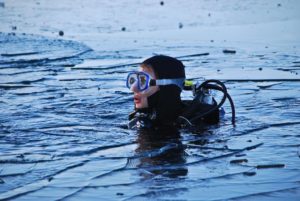

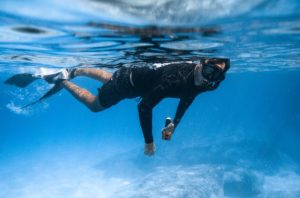
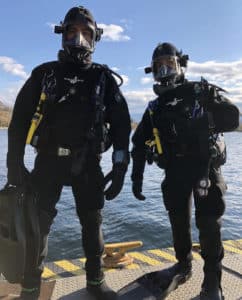

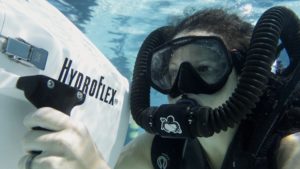
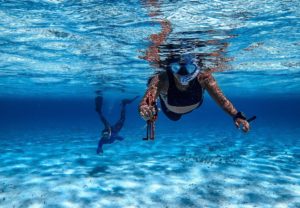
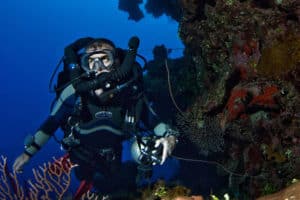
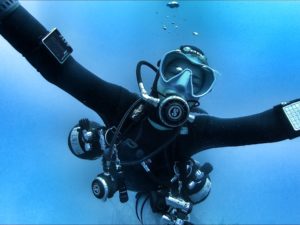

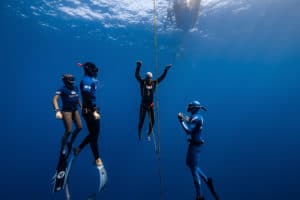
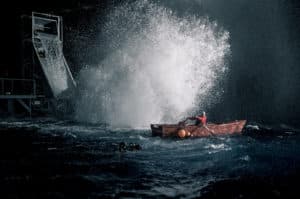

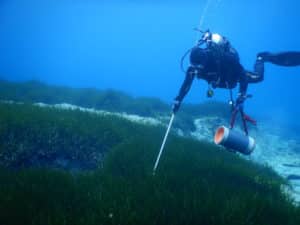




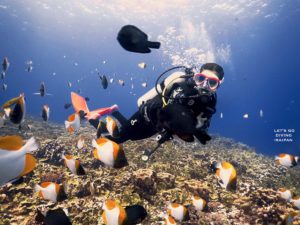

Leave a Reply
You must be logged in to post a comment.